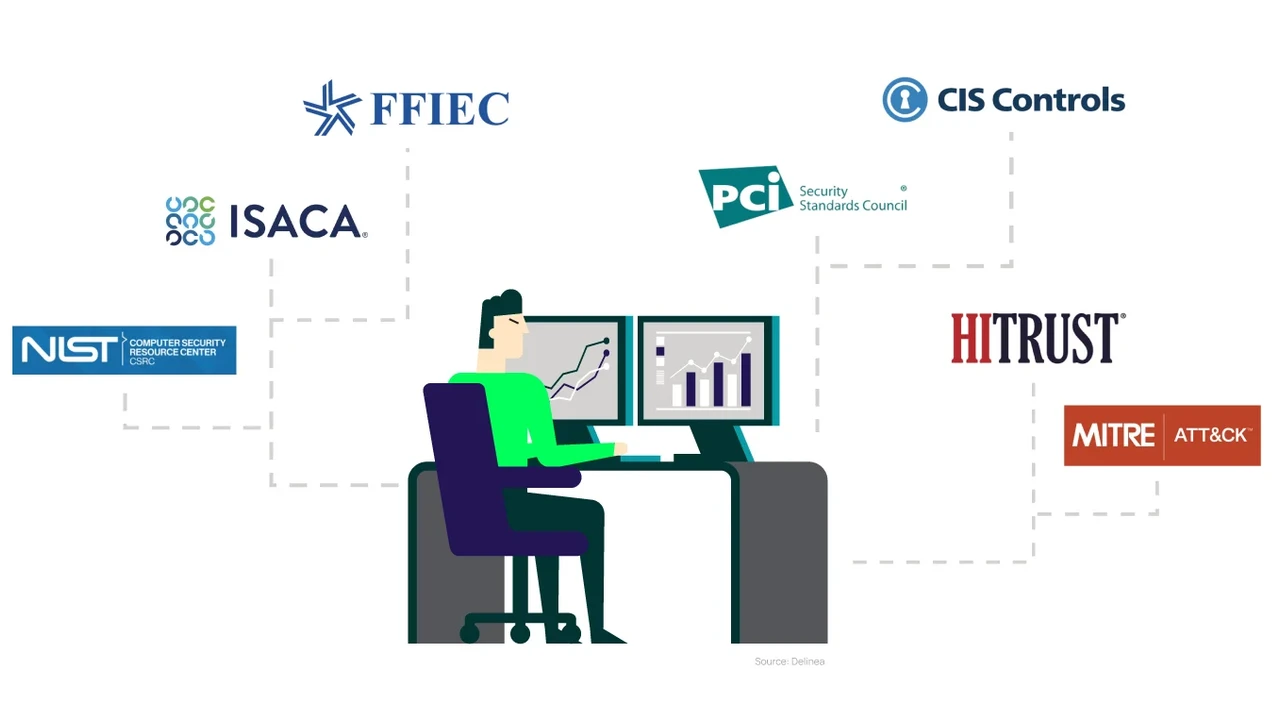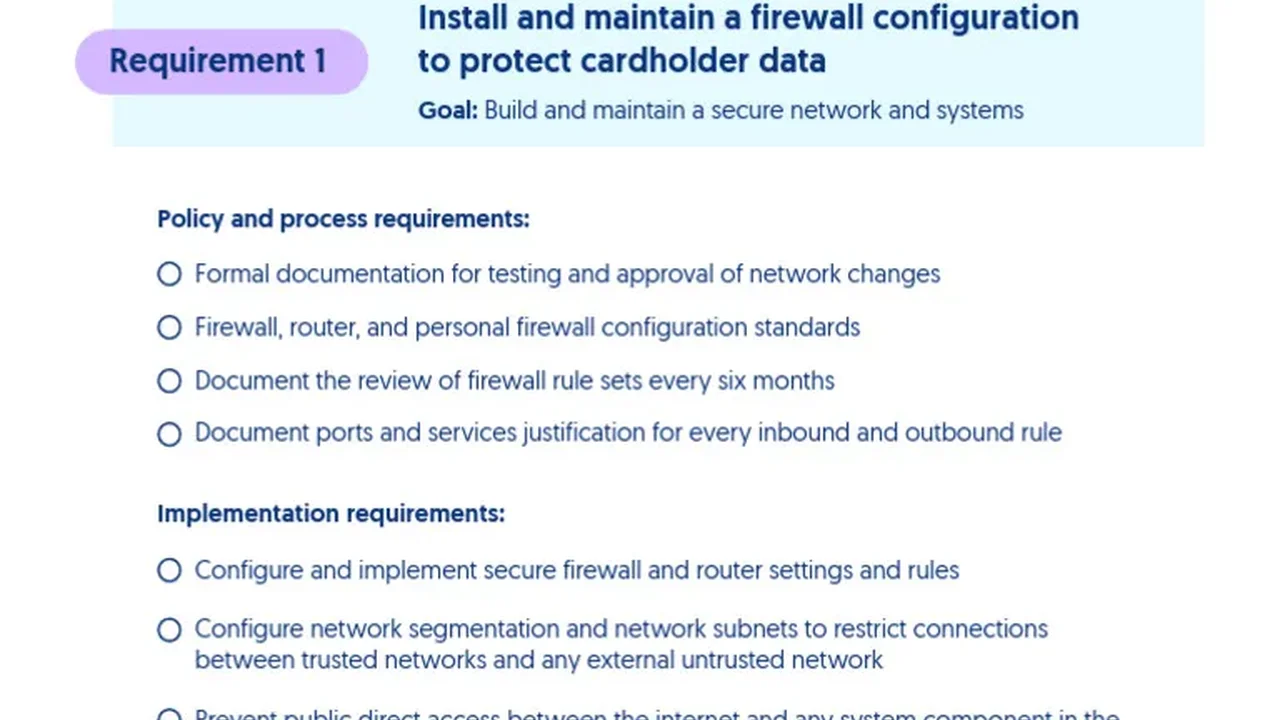Malaysia's Personal Data Protection Act (PDPA) A Compliance Overview
Comply with Malaysia's Personal Data Protection Act (PDPA). Our guide provides practical steps for businesses operating in Malaysia to protect personal data and avoid penalties.
 A Compliance Overview.webp)
Understanding the Core Principles of Malaysia PDPA Compliance
So, you're doing business in Malaysia or handling the personal data of Malaysians? Then you need to know about the Personal Data Protection Act 2010 (PDPA). It's not just a suggestion; it's the law! This act sets the rules for how companies collect, process, store, and use personal data. Think of it as Malaysia's version of GDPR, but with its own unique flavor. Getting it wrong can mean hefty fines and a damaged reputation. Let's break down the key principles you need to know:
- General Principle: This is the big one. You can only process personal data if you have consent, it's necessary for a contract, or it's required by law. Transparency is key.
- Notice and Choice Principle: You gotta tell people what data you're collecting, why you're collecting it, and who you're sharing it with. Give them a choice about whether they want to share their info.
- Disclosure Principle: Be upfront about what you're doing with the data. No hidden agendas!
- Security Principle: Protect the data like it's your own. Implement security measures to prevent unauthorized access, loss, or damage. Think encryption, firewalls, and regular security audits.
- Retention Principle: Don't hoard data forever. Only keep it as long as you need it for the purpose you collected it for.
- Data Integrity Principle: Make sure the data is accurate and up-to-date. Give people the chance to correct any errors.
- Access Principle: People have the right to access their personal data and ask for corrections. Make it easy for them to do so.
Navigating the Key Requirements for PDPA Compliance in Malaysia
Okay, so you know the principles, but how do you actually put them into practice? Here’s a breakdown of the essential requirements you need to address:
- Appointing a Data Protection Officer (DPO): While not always mandatory, it's highly recommended, especially for organizations handling large volumes of sensitive data. A DPO is your go-to person for all things PDPA. They'll oversee compliance efforts, train employees, and handle data subject requests.
- Developing a Privacy Policy: This is your public declaration of how you handle personal data. It should be clear, concise, and easy to understand. Post it on your website and make it readily available to anyone who interacts with your business.
- Obtaining Consent: Get explicit consent before collecting and processing personal data. Don't rely on pre-ticked boxes or assumptions. Make sure people understand what they're agreeing to. Keep a record of consent.
- Implementing Security Measures: This is where you put your cybersecurity skills to work. Implement technical and organizational measures to protect personal data from unauthorized access, use, disclosure, alteration, or destruction. Think access controls, encryption, firewalls, intrusion detection systems, and regular vulnerability assessments.
- Data Breach Notification: If a data breach occurs, you have a responsibility to notify the Personal Data Protection Commissioner (PDP Commissioner) and affected individuals. Act quickly and transparently.
- Cross-Border Data Transfers: If you're transferring personal data outside of Malaysia, you need to ensure that the recipient country provides an adequate level of protection.
PDPA Compliance Solutions Top Software Tools for Malaysian Businesses
Don't try to tackle PDPA compliance manually. There are plenty of software tools that can help you automate tasks, manage data, and stay on top of your obligations. Here are a few recommendations, with a focus on features relevant to Malaysian businesses:
- OneTrust: A comprehensive privacy management platform that covers everything from data discovery to consent management to incident response. It's a premium option with a robust feature set, suitable for larger organizations with complex data privacy needs. Pricing is custom and based on your specific requirements. Expect to pay tens of thousands of dollars annually.
- TrustArc: Similar to OneTrust, TrustArc offers a range of privacy solutions, including assessments, policy management, and training. It's another enterprise-grade option with a strong focus on automation and compliance reporting. Pricing is also custom, and comparable to OneTrust.
- Securiti.ai: This platform uses AI to automate data discovery and classification, making it easier to identify and manage personal data across your organization. It also offers features for consent management, data subject requests, and risk assessments. Pricing is tiered based on the number of data sources and users, and starts around $10,000 per year.
- Osano: A more affordable option for smaller businesses. Osano focuses on consent management and privacy policy generation. It offers a free tier for basic use, with paid plans starting at around $200 per month for more advanced features.
- Privacy Bee: Another budget-friendly option that focuses on data subject access requests (DSARs). It helps you automate the process of responding to requests from individuals who want to access, correct, or delete their personal data. Pricing starts at around $50 per month.
Comparison Table:
| Software | Key Features | Pricing | Best For |
|---|---|---|---|
| OneTrust | Comprehensive privacy management, data discovery, consent management, incident response | Custom (High) | Large enterprises with complex data privacy needs |
| TrustArc | Privacy assessments, policy management, training, automation | Custom (High) | Large enterprises seeking robust automation and reporting |
| Securiti.ai | AI-powered data discovery, consent management, DSAR automation | Tiered (Mid-Range) | Organizations needing automated data discovery and classification |
| Osano | Consent management, privacy policy generation | Free tier available, paid plans from $200/month | Small to medium-sized businesses with basic privacy needs |
| Privacy Bee | DSAR automation | From $50/month | Businesses needing to streamline DSAR processing |
Real-World PDPA Compliance Scenarios and Examples in Malaysia
Let's see how PDPA compliance plays out in different scenarios:
- E-commerce Website: When customers make a purchase on your website, you collect their name, address, email, and payment information. You need to have a privacy policy that explains how you use this data, obtain their consent to collect it, and implement security measures to protect it. You also need to provide them with a way to access and correct their data.
- Hotel: Hotels collect a lot of personal data from guests, including their name, address, passport details, and credit card information. They need to have a privacy policy that explains how they use this data, obtain consent to collect it (e.g., through a check-in form), and implement security measures to protect it. They also need to ensure that they are only retaining the data for as long as necessary.
- Marketing Agency: If you're collecting email addresses for marketing purposes, you need to obtain explicit consent from individuals before sending them marketing emails. You also need to provide them with an easy way to unsubscribe.
- Healthcare Provider: Healthcare providers collect sensitive personal data from patients. They need to have robust security measures in place to protect this data and comply with strict data privacy regulations.
Common PDPA Compliance Pitfalls and How to Avoid Them in Malaysia
Here are some common mistakes businesses make when trying to comply with the PDPA:
- Lack of Awareness: Not understanding the requirements of the PDPA is a recipe for disaster. Educate yourself and your employees.
- Inadequate Consent: Relying on pre-ticked boxes or assuming consent is not enough. Get explicit consent.
- Weak Security Measures: Failing to implement adequate security measures is a major risk. Invest in cybersecurity.
- Poor Data Governance: Not knowing where your data is stored or who has access to it is a common problem. Implement data mapping and access controls.
- Ignoring Data Subject Rights: Failing to respond to data subject requests is a violation of the PDPA. Have a process in place for handling these requests.
Staying Up-to-Date with PDPA Amendments and Enforcement in Malaysia
The PDPA is not a static law. It's subject to amendments and interpretations. Stay informed about any changes to the law and how they might affect your business. Follow updates from the PDP Commissioner and attend industry events. Proactive compliance is always better than reactive compliance!
By understanding and implementing these key principles and requirements, you can navigate the complexities of the Malaysia PDPA and protect your business from legal and reputational risks. Don't wait until it's too late – start your PDPA compliance journey today!
:max_bytes(150000):strip_icc()/277019-baked-pork-chops-with-cream-of-mushroom-soup-DDMFS-beauty-4x3-BG-7505-5762b731cf30447d9cbbbbbf387beafa.jpg)





 Strategies to Protect Sensitive Information.webp)
